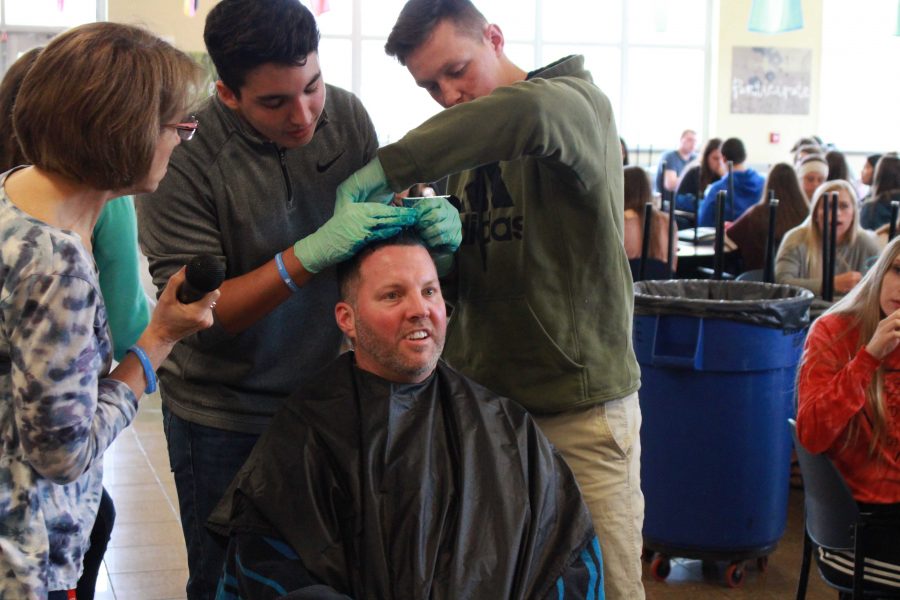By: Carter Leslie
At the beginning of every year, we get told about bullying and how it’s a growing problem in our schools. Children who are victims of bullying usually aren’t asking for it, but because it has been stressed to inform a teacher or principal about bullying, it is easy for children to misinterpret the facts for bullying.
This is a problem because sometimes children don’t realize when they’re being obnoxious or rude and when informed, they take it as bullying. No one deserves to be bullied, but what is bullying? 
“Bullying is repeated teasing. If it isn’t repeated, I don’t consider it bullying,” said math teacher Samantha Newell.
If someone is being a “jerk” and then they get insulted when someone calls them a jerk and they decide to call it bullying, it puts the teachers in a rough position. The school’s policy on bullying is the following.
“Any student who believes s/he has been or is the victim of bullying, hazing, or other aggressive behavior should immediately report the situation to the principal or assistant principal. The student may also report concerns to a teacher or counselor who will be responsible for notifying the appropriate administrator or Board official. Complaints against the building principal should be filed with the Superintendent. Complaints against the Superintendent should be filed with the Board President.”
This is a problem because there is no fine line of what bullying is in the school. There are by far too many gray areas such as people misinterpreting things that are said by each other. What people need is a line right between black and white to show what bullying is.
“No one deserves bullying,” said Adam Ball ‘19.
Others disagree.
“Bullying is any rude comment. They deserve it if they started it,” said Hannah Beauregard ‘19.
So many kids think they have been bullied or have witnessed bullying just because the truth has been told.
Let’s take a hypothetical situation and think about it. A child nags a student or just does little things to annoy them, and the student holds in all the anger, trying not to retaliate. After a while this gets very hard so the student blows up and tells this child to stop and calls him a nuisance. This child goes to the office and says he was called a nuisance and has been bullied. The student who was accused then gets in trouble because the school cannot look past complaints from students.
I’ve seen things like this happen and it’s absurd. It’s like punching someone in the face and then wondering why they punch you back. You may get your way with the school, but with that comes the dirty looks from peers who know it was unnecessary.
“Bullying is constant taunting over something someone can’t control. It’s the bully’s fault for being insecure, but the kid also needs to stick up for himself,” said Seth Bevins ‘15.
People can do many things to fix this. They can start with how they address the person about the situation. They should do it in a calm tone and in a way that cannot possibly be taken as bullying.
“Bullying is when someone gets harrassed for doing nothing wrong. People deserve it if they talk trash. Then they wonder why they got hit and they call it bullying,“ said Jerrad Fillmore ‘15.
The bottom line here is that not everyone is a bully. Some people are just honest.











